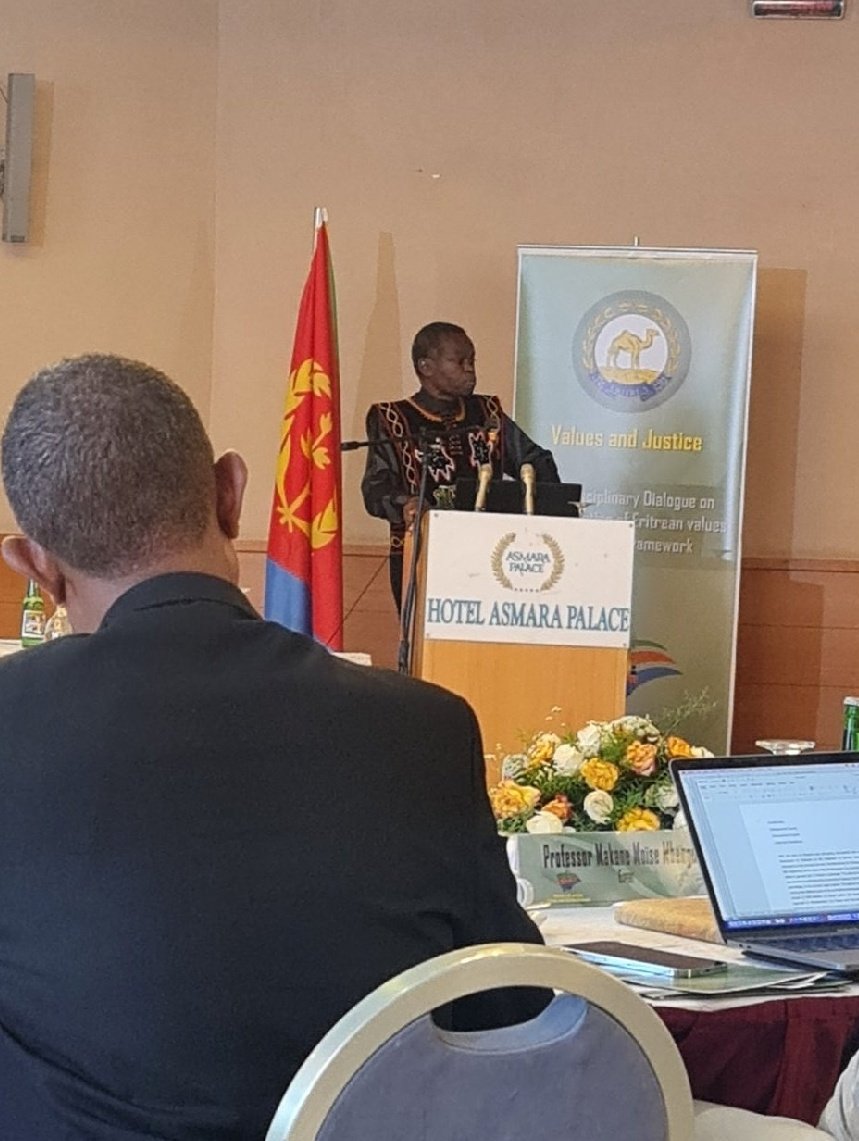The spokesperson of the government of Eritrea gave a terse press release that Ethiopia had “unleashed an attack” on Eritrea, and that the motive and consequences for the military clash are unclear.
In contrast, within 24 hours, the spokesperson of the Ethiopian government has given conflicting information ranging from there were “no clashes that we know of” to claiming there were “significant casualties on both sides, but more on the Eritrean side.” Both these statements were made to the same news agency, AFP, within hours.
From there, it gets worse, specially when using Amharic, language for Ethiopian consumption. The spokesperson said, in one statement, that Ethiopia had taken proportionate responses to Eritrea’s “attack” and then, in the same statement, that it had taken exponential response meant to teach the Eritrean government a lesson.
Meanwhile, unofficially, the Government of Eritrea is going on war footing, preparing the people for an Ethiopian military offensive.
This is how the logic of war takes hold.
It is expected that the two countries’ ultra-nationalists will fan the flames to advance the interests of the governments they support. For supporters of the Eritrean government, this military clash rationalizes indefinite national service; for supporters of the Ethiopian government, this conflict rationalizes their argument that Ethiopia should wage an offensive that, according to them, was prematurely stopped in May 2000.
Given that the two countries do not have independent civil society that can lobby for peace, it is crucial that the governments refrain from using inflammatory language. It is disappointing that the Ethiopian spokesperson, who, according to Bloomberg was in Frankfurt and not well-informed of developments in his country on Sunday, is now over-compensating for it by using the rumors and news of war to score political points.
[tweetthis] Eritrea-Ethiopia Wanted: Peace Lobby [/tweetthis]




Leave A Reply